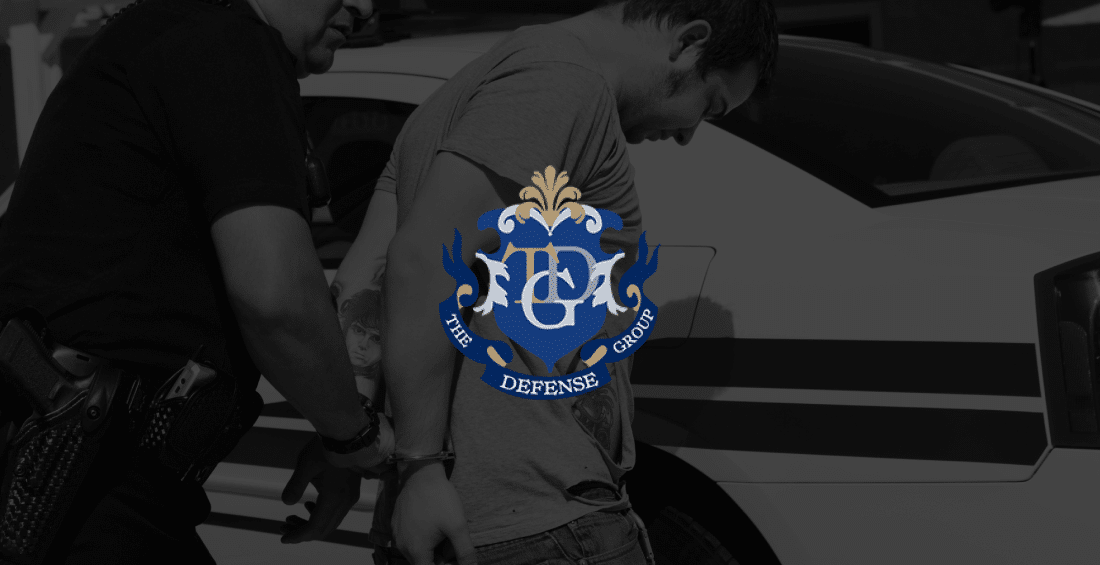State and federal laws can dictate what degree of felony has been committed — the classification of a felony can provide a guideline for the judge and jury during the trial, as well as set minimum and sometimes maximum penalties. Having a Central Florida Criminal Defense Attorney with The Defense Group. who understands the different degrees and consequences of felonies can be of great help during a criminal defense case.
“Well felonies in Florida come in a number of flavors and degrees if you will. A 3rd degree felony is the least serious, but you can get up to five years in jail for it. A 2nd degree felony is more serious, you can get up to 15 years in prison for that. A 1st degree felony you can get up to 30 years in prison. A 1st degree felony called PBL, or punishable by life, it’s still called a 1st degree felony but you can get up to life in prison for it. You’ve got life felonies which call for life in prison. Then you’ve got capital felonies which can call for either the death penalty or life in prison.
An example of a 3rd degree felony would be a possession of small amount of cocaine, grand theft of over $500, burglarizing a store. An example of a 2nd degree felony would be aggravated battery where you use a weapon to harm somebody. It could include some minor sexual batteries. It could include drug offenses of over a certain amount or if that drug offense is done within a thousand feet of a school.
First degree felonies include trafficking in drugs that’s over a certain quantity, you get up to 30 years, and usually there’s a minimum mandatory that goes with that. A 1st degree felony includes a number of sex offenses and it can include things like attempted murder. A life felony would include some of the sex offenses, particularly involving children. It could include a very large amount of drugs; let’s say over 25 kilograms and second degree murder for example.
Capital, that’s pretty much 1st degree murder and there’s 1st degree murder whether they do or don’t seek the death penalty. Most 1st degree murder cases they do not seek the death penalty because there’s a number of aggravators that have to be taken into consideration. There’s almost a mini separate trial in the event that the death penalty is sought. First the jury decides are you guilty or not, then they make the recommendation as to death penalty or not.”
All felonies are serious. If arrested or even if you believe you are being investigated for a felony offense, contact an experienced criminal defense attorney with The Defense Group at 407 743 8430 or 407-250-9557.
CALL US NOW!
WE CAN HELP!!











